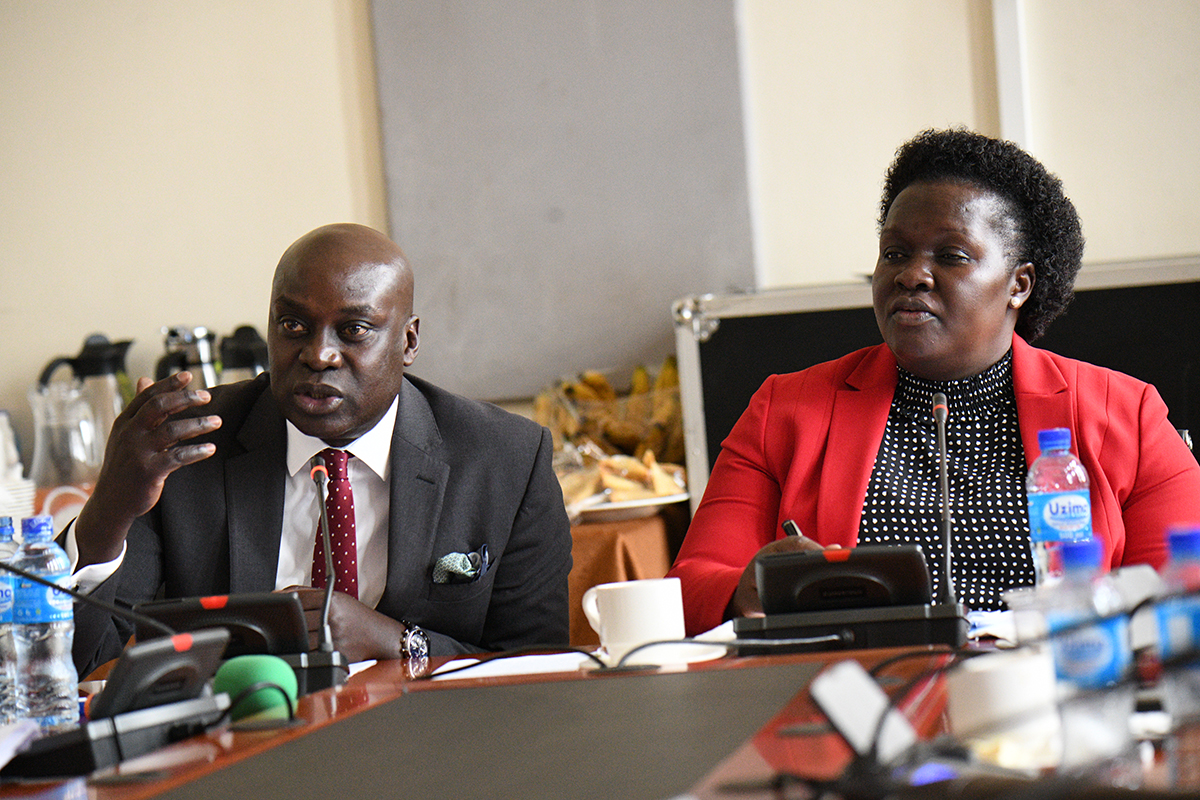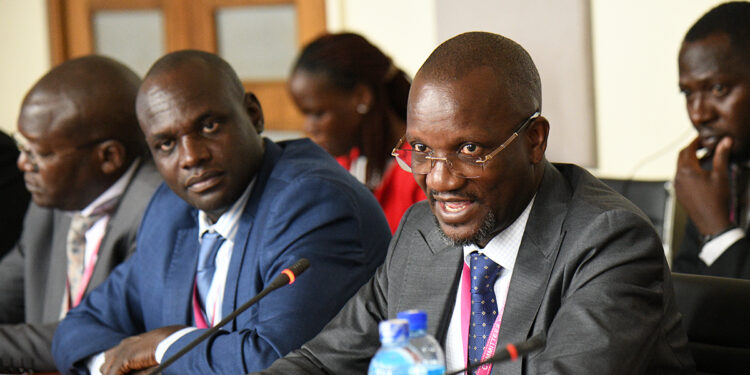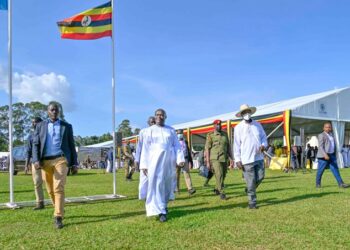Officials from Uganda’s embassy in Tehran, led by Chargé D’Affaires Oscar Edule, reaffirmed this need on Monday, March 24, 2025, during a session with Parliament’s Foreign Affairs Committee, chaired by Omoro district Woman MP Catherine Lamwaka (NRM).
He was accompanied by Mark Agaba, the mission’s financial attaché.
Currently, Uganda’s mission in Tehran oversees diplomatic relations with ten countries: Iran, Pakistan, Azerbaijan, Iraq, Armenia, Afghanistan, Tajikistan, Kazakhstan, Turkmenistan, and Palestine.
However, Edule noted that funding for a consular office in Iraq remains absent from the forthcoming 2025/26 financial year budget.
“It is quite a large area for accreditation geographically. But also, in terms of mandate,” Edule observed.
He estimates that establishing the office—including rent, staffing, furniture, and a utility vehicle—would cost about sh1.1 billion.
“As you are aware, we have thousands of Ugandans working in Iraq, mainly as security guards cleared by the Ministry of Labour. However, others, including domestic workers, continue to find their way there even without official clearance. Regardless of how they travel, they often encounter challenges requiring consular support, which we cannot effectively provide from Tehran,” he explained.
Due to budget constraints, embassy officials are currently unable to travel to Baghdad.
“I have personally not been to Baghdad, yet we receive daily requests for consular support. Either someone has run away, is being mistreated, or—like in some cases now—we are processing the repatriation of three deceased Ugandans. But we are unable to operate effectively there,” Edule stated.
He emphasised that establishing a diplomatic presence in Iraq would be a game-changer for protecting the rights of Ugandans working under difficult conditions. Many workers are unable to leave their jobs due to their passports being confiscated by employers, leaving them stranded and without legal recourse.
“Even when they decide to return home without their passports, they require emergency travel certificates, which we currently issue from Tehran and then rely on the Iraqi embassy in Tehran to courier to Baghdad. Sometimes this works, but in other cases, complications arise,” he said.
Vital lifeline
For years, the Middle East has offered unemployed Ugandan youth a chance to earn a living abroad.
A policy brief from the Economic Policy Research Centre (EPRC) in October 2020 indicated that labour migration from Uganda has been steadily rising.

Between 2010 and 2019, the number of Ugandans migrating for work more than doubled, increasing from 9,967 to 17,680 annually.
The report noted that salaries for unskilled workers in the Middle East vary by country and job type.
Domestic workers in Saudi Arabia earn between $225 (sh855,000) and $500 (sh1.9m) per month, including accommodation and meals. Caterers in Qatar and the UAE earn between $350 (sh1.33m) and $600 (sh2.28m).
Security guards make between $300 (sh1.14m) and $900 (sh3.42m), while those working in high-risk countries like Iraq and Afghanistan earn between $500 (sh1.9m) and $1,000 (sh3.8m).
“We also have quite a number in Pakistan, while others are engaged in security, mechanical work, and driving in Afghanistan. Currently, our mission has only foreign service officers, which makes the workload overwhelming,” Edule noted.







Discussion about this post